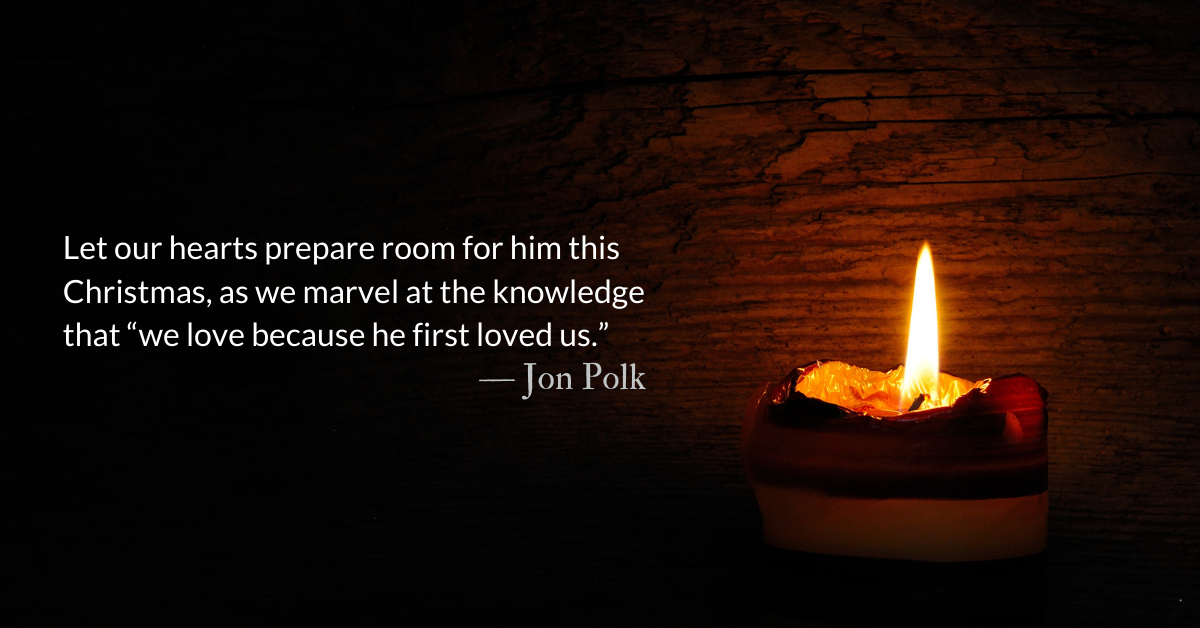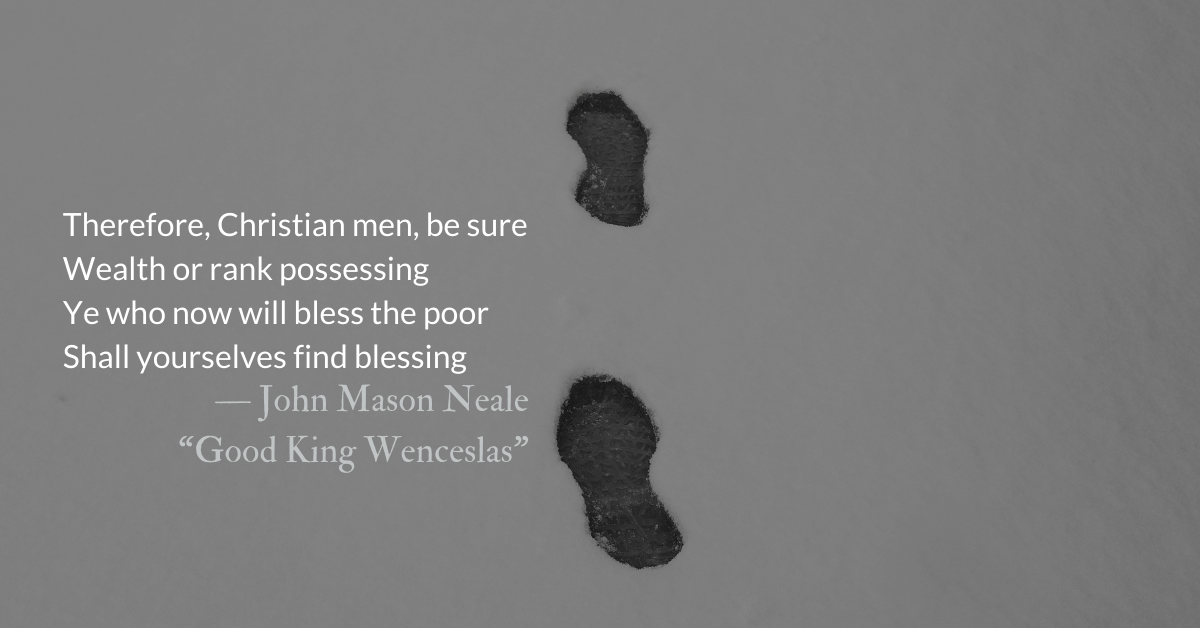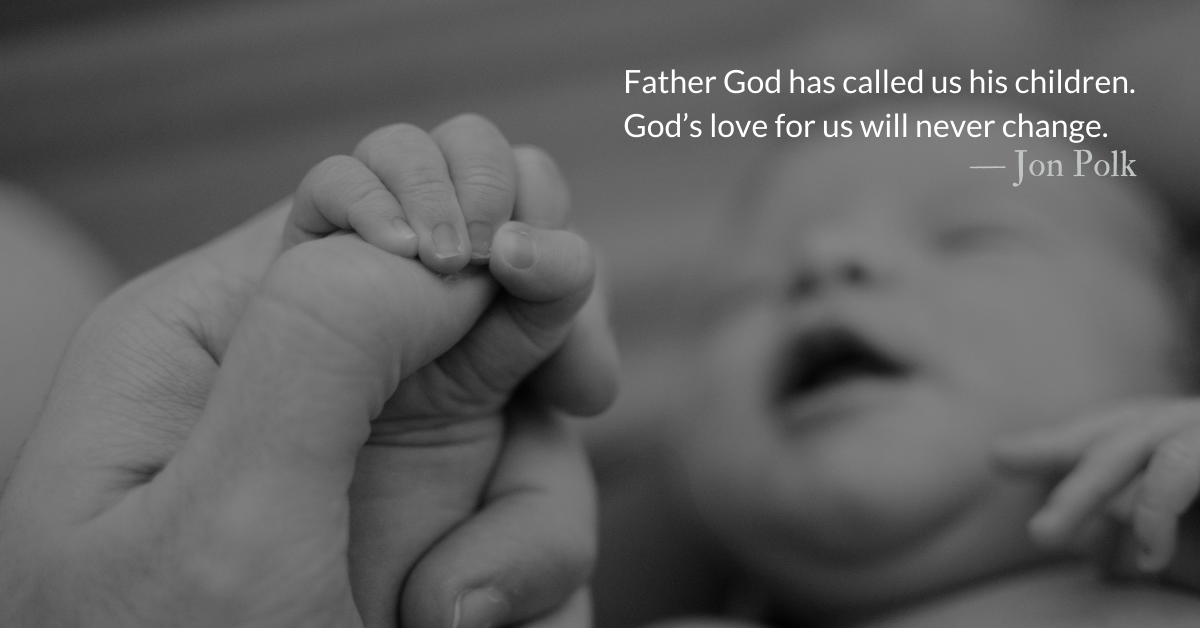Scripture Focus: Jude 1b, 20-21
1b To those who have been called, who are loved in God the Father and kept for Jesus Christ.
20 But you, dear friends, by building yourselves up in your most holy faith and praying in the Holy Spirit, 21 keep yourselves in God’s love as you wait for the mercy of our Lord Jesus Christ to bring you to eternal life.
Psalm 98:4-6
4 Shout for joy to the Lord, all the earth,
burst into jubilant song with music;
5 make music to the Lord with the harp,
with the harp and the sound of singing,
6 with trumpets and the blast of the ram’s horn—
shout for joy before the Lord, the King.
Reflection: Joy to the World — Carols of Advent Love
By Jon Polk
If you only know the name of one famous hymn writer, that name would probably be Isaac Watts, credited with around 750 hymns, and if you were asked to name only one of the most iconic Christmas carols, it would likely be “Joy to the World,” the most-published Christmas hymn in North America.
“Joy to the World” is not actually a Christmas song, since it wasn’t written to celebrate Jesus’ birth, but rather his second coming. In fact, the text is not drawn from the nativity stories at all but is based on Psalm 98.
Joy to the world! the Lord is come
Let Earth receive her King
Let every heart prepare him room,
And heaven and nature sing…
Watts sought to encourage new ways of incorporating Psalms in worship and set about paraphrasing the entire Psalter in accessible poetry. His intent was clear by the lengthy title of the final work, published in 1719, The Psalms of David: Imitated in the Language of the New Testament and Applied to the Christian State and Worship.
Watts’ paraphrase of the second half of Psalm 98 became the text for the carol we know today as “Joy to the World.”
Describing his paraphrase, Watts wrote, “In these two hymns I have formed out of the 98th Psalm I have fully expressed what I esteem to be the first and chief sense of the Holy Scriptures.”
Why do we respond with joy at the great news that the Lord has come and will come again? What is the chief aim of all the scriptures? Psalm 98.3 answers, “He has remembered his love and his faithfulness to Israel; all the ends of the earth have seen the salvation of our God.”
He rules the world with truth and grace,
And makes the nations prove
The glories of His righteousness,
And wonders of His love…
The word translated as “love” in Psalm 98:3 is the famously untranslatable Hebrew word hesed, often rendered as love, steadfast love, or lovingkindness. We have no single English word that adequately describes hesed, yet it is a word frequently used to describe God’s own character.
In his book, Inexpressible: Hesed and the Mystery of God’s Lovingkindness, Michael Card defines hesed as “When the person from whom I have a right to expect nothing gives me everything.”
Heaven and nature sing! We repeat the sounding joy! Why? Because we are overwhelmed by the wonders of God’s love! The indescribable, unshakable, undeserved love of God. A love that gave us everything, even the life of God’s own Son, when we deserved nothing.
So let our hearts prepare room for him this Christmas, as we marvel at the knowledge that “we love because he first loved us.” (1 John 4.19)
Listen: Joy to the World by Keith & Kristyn Getty
Read: Lyrics from Hymnary.org
Divine Hours Prayer: The Refrain for the Morning Lessons
Let integrity and uprightness preserve me, for my hope has been in you. — Psalm 25.20
– From The Divine Hours: Prayers for Autumn and Wintertime by Phyllis Tickle.
Today’s Readings
2 Chronicles 9 (Listen – 5:07)
Jude 1 (Listen – 4:12)
Read more about Supporting our Work
We need and pray for donors of all amounts, and for those who can donate every month as well as those who donate once a year or at other intervals.
Read more about Renamed by God — Hope of Advent
We have other names…we call ourselves…Failure. Foolish. Ugly. Fat. Unworthy. Unloveable. Hopeless…God has a new name for us.











